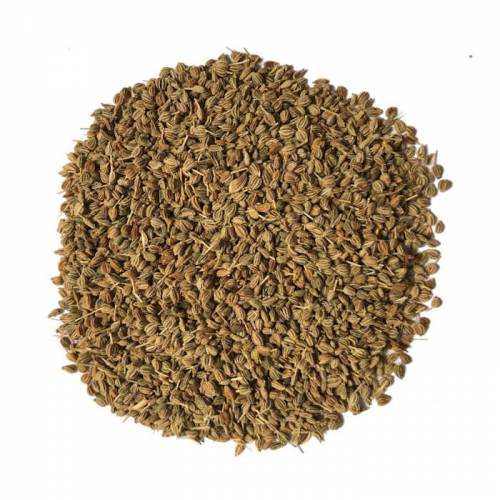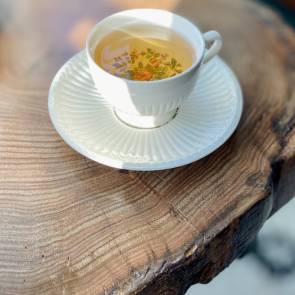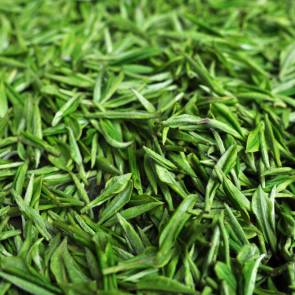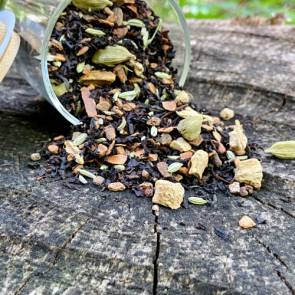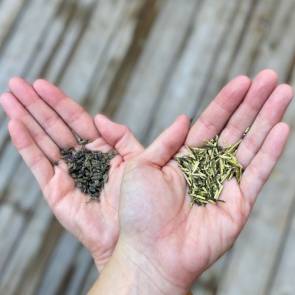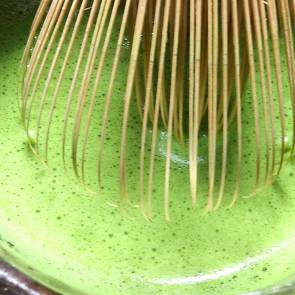Ajwain Seed
Ajwain is a small, gray-green seed harvested from an annual shrub with numerous branches adorned with delicate, feather-like leaves. Renowned for its robust thyme-like flavor with a spicy kick, Ajwain leaves a milder, pleasantly lingering aftertaste.
Beyond its culinary uses, Ajwain seeds are the primary source of Thymol, an essential oil known for its potent germicidal, anti-spasmodic, and antifungal properties. In the kitchen, Ajwain is a staple in Middle Eastern, Indian, and African cuisines, imparting a savory, slightly bitter flavor. It’s particularly valued for balancing the sweetness of soups and stews and is believed to reduce the gaseous effects of beans.
Ajwain pairs beautifully with chicken, fish, legumes, and curries, and complements spices like turmeric, paprika, cumin, fennel, and coriander. Traditionally associated with Ayurvedic practices, Ajwain is also used as a digestive aid and for alleviating minor stomach complaints.
Other names: Ajave Seeds, Bishop’s Weed, Carom, Ethiopian Cumin, Omam, Omum
Ingredients
Organic ajwain seed
Specifications
|
Serving Size: 2.5g /cup |
|
Origin: India |
|
Certification: Organic |
|
Grade or Quality: Whole seed |
|
Aroma: a pungent thyme/cumin fragrance |

